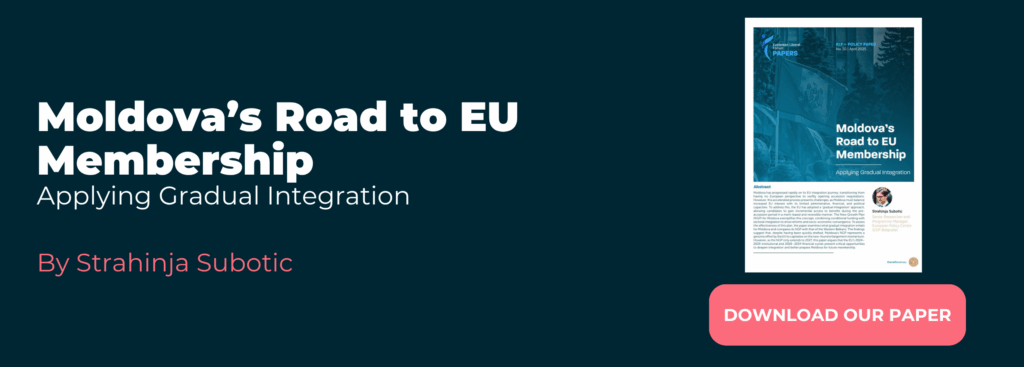1 October 2025
Moldova belongs in the EU – the election result shows it
On the 28th of September 2025, Moldovans went to the polls in what many regarded as one of the most consequential parliamentary elections in the country’s young democracy. Against a backdrop of regional uncertainty, foreign interference, and mounting socio-economic pressures, this election was about where Moldova belongs: in the EU, or stuck in Russia’s shadow.

